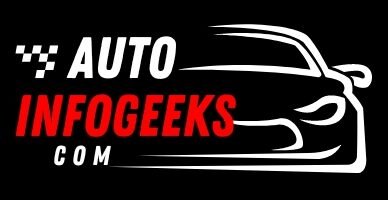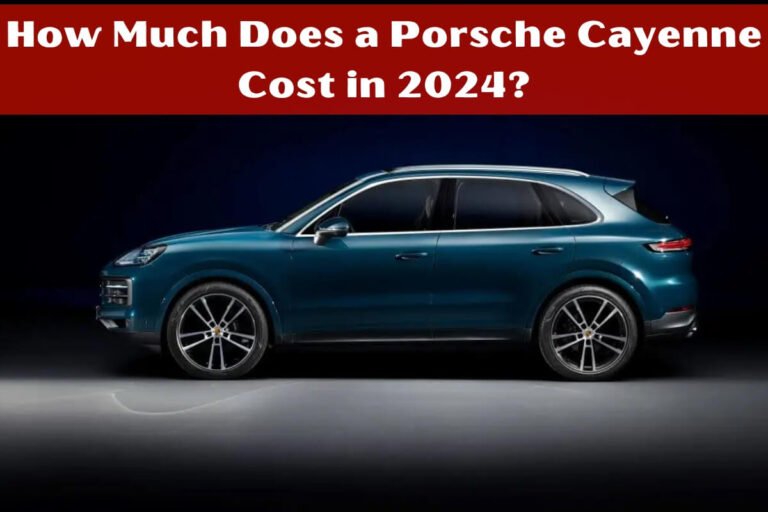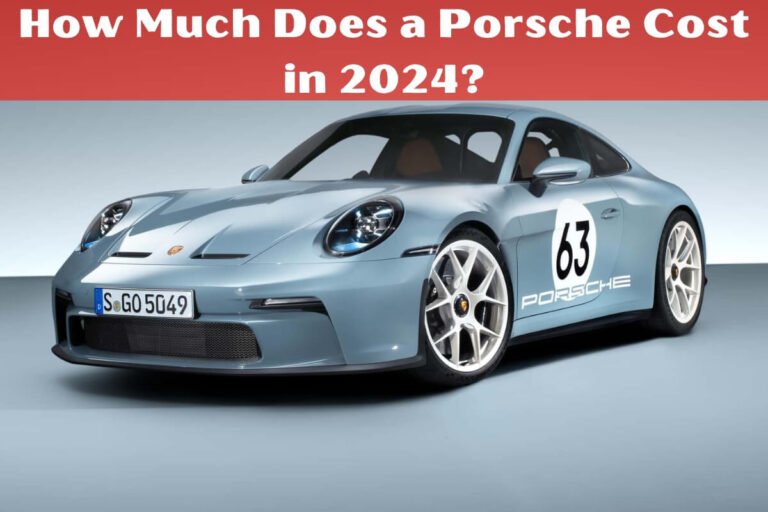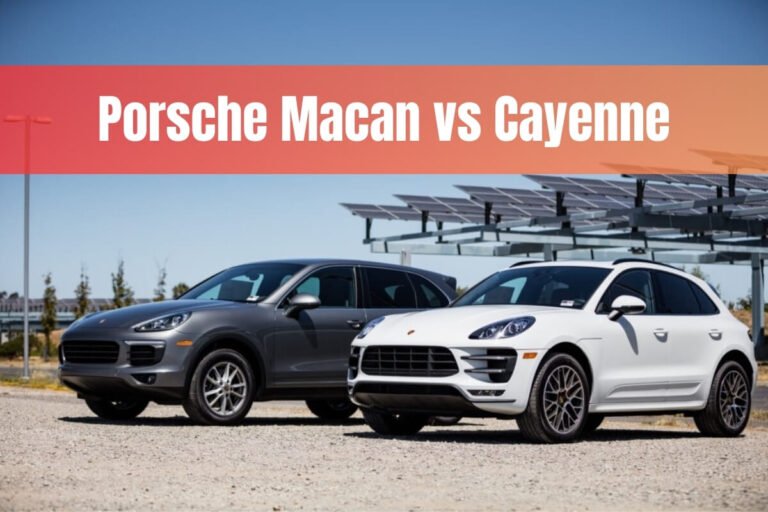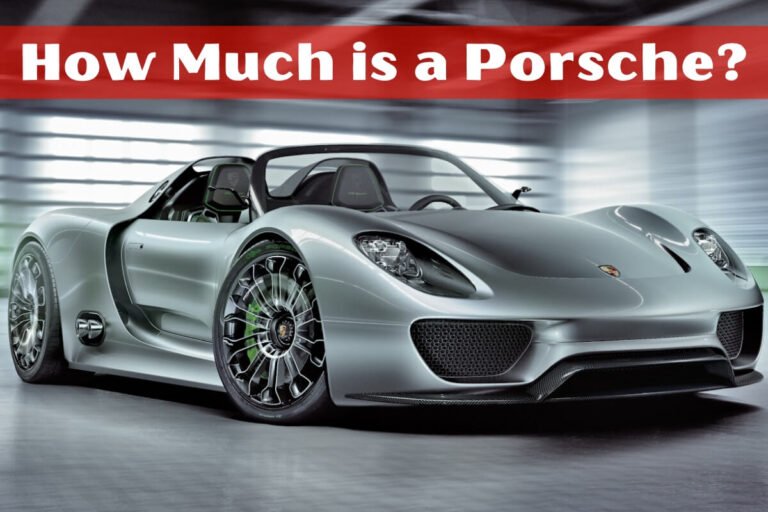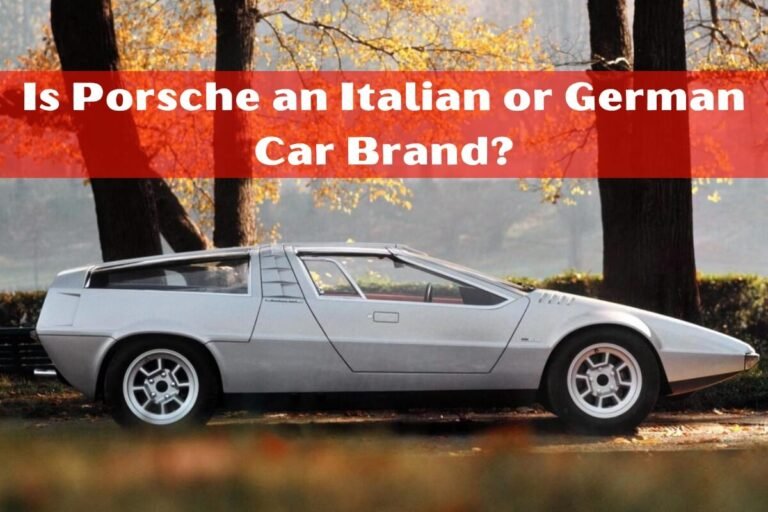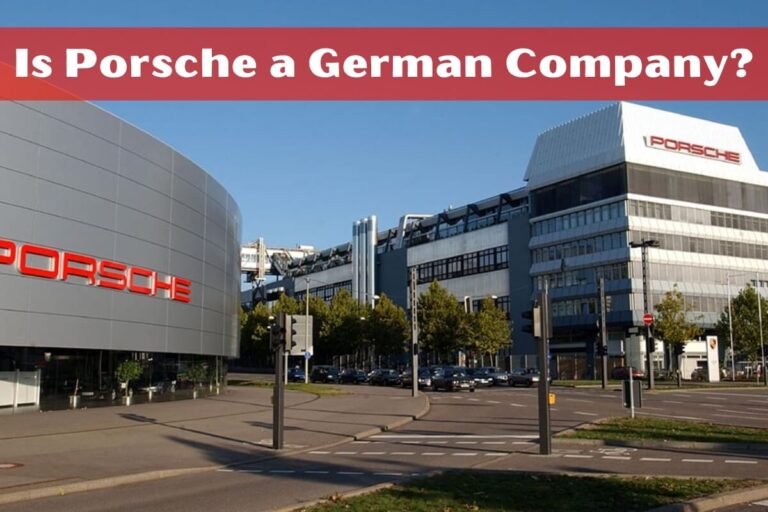Who Owns Porsche? Surprising History & Current Ownership Structure
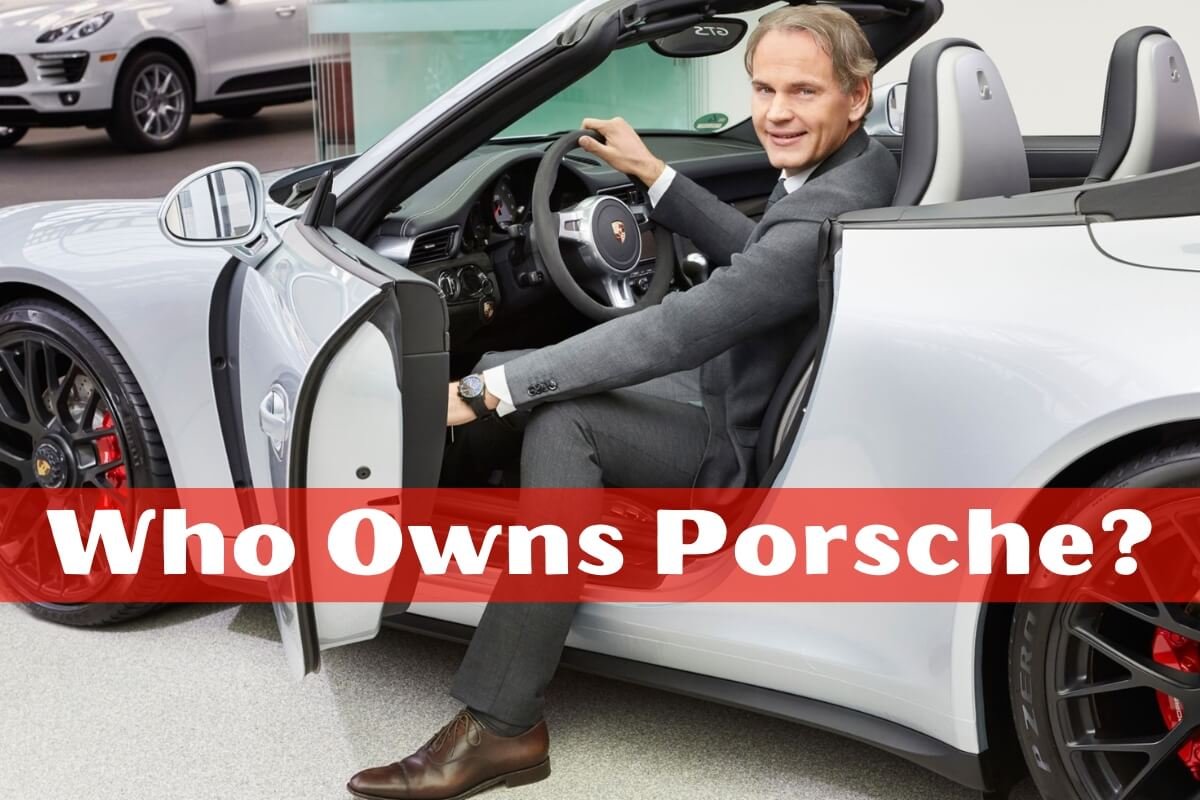
Porsche is a name that resonates with automotive enthusiasts and luxury car aficionados worldwide. The iconic German brand has been synonymous with high-performance sports cars, cutting-edge engineering, and a relentless pursuit of excellence for over nine decades. However, the question of who owns Porsche might not have a straightforward answer for many.
Porsche is currently owned by Volkswagen Group, the largest automaker in the world. However, the ownership structure is more intricate, with the Porsche and Piëch families retaining significant influence through their control of Porsche SE, the holding company that owns a majority stake in Volkswagen Group.
Learn about Porsche’s ownership history, from its founding to its global success. Discover how the company evolved from a family business to a global brand, its merger with Volkswagen, and its recent IPO. See how Porsche balances its heritage with innovation and sustainability.
The Early Days: Ferdinand Porsche and the Porsche Legacy
The story of Porsche’s ownership begins with its founder, Ferdinand Porsche, a brilliant automotive engineer whose visionary designs laid the foundation for the brand’s success. In 1931, Porsche established the company “Dr. Ing. h.c. F. Porsche GmbH” in Stuttgart, Germany, initially offering motor vehicle development work and consulting services.
One of Porsche’s most significant contributions during this early period was his involvement in designing the iconic Volkswagen Beetle. Commissioned by the German government to create a “people’s car,” Ferdinand Porsche’s engineering prowess resulted in one of the most successful and enduring automobile designs of all time.
It wasn’t until 1948, after the end of World War II, that Porsche ventured into manufacturing its own vehicles. Under the leadership of Ferdinand’s son, Ferry Porsche, the company introduced the Porsche 356, the first sports car to bear the Porsche name. This model laid the foundation for Porsche’s reputation as a manufacturer of high-performance, meticulously engineered vehicles.
Porsche’s Ownership Evolution: From Family Business to Corporate Giant
In the decades that followed, Porsche underwent a remarkable transformation from a family-owned business to a global automotive powerhouse. In 1972, the company changed its legal structure from a limited partnership (Kommanditgesellschaft) to a public limited company (Aktiengesellschaft), paving the way for outside investors and a more corporate management structure.
However, the Porsche family’s influence remained strong, with Ferry Porsche’s son, Ferdinand Alexander Porsche, playing a pivotal role in designing iconic models like the Porsche 911. Meanwhile, another branch of the family, the Piëchs, became closely intertwined with Porsche through the marriage of Louise Porsche to Anton Piëch in 1928.
As Porsche continued to grow and expand its operations, the need for strategic partnerships and consolidation became apparent. In 2007, a holding company called Porsche SE was created, acquiring a controlling stake in Volkswagen AG, the parent company of brands like Audi, Bentley, and Lamborghini.
Volkswagen Group: The Current Parent Company
In 2009, Porsche and Volkswagen announced their intention to create an “integrated automotive group” by merging their operations. This strategic move aimed to leverage the strengths and resources of both companies, enabling them to better compete in the global automotive market.
The merger was finalized in 2011, with Porsche becoming a subsidiary of Volkswagen AG. Under this ownership structure, Volkswagen Group holds a 75% stake in Porsche AG, the entity responsible for the production and manufacture of Porsche vehicles.
While Porsche is now part of the Volkswagen Group, the collaboration between the two companies dates back much further. In 1969, Porsche and Volkswagen jointly developed the VW-Porsche 914 and 914-6, with the latter featuring a Porsche engine. This partnership continued in 1976 with the production of the Porsche 912E and 924 models, which utilized components from Audi, another Volkswagen Group brand.
Today, the Porsche Cayenne parts are assembled at the Volkswagen Group factory in Bratislava, Slovakia, highlighting the close integration and resource sharing between the brands under the Volkswagen Group umbrella.
Porsche SE: The Controlling Force
While Volkswagen Group owns a majority stake in Porsche AG, the controlling interest in the Volkswagen Group itself lies with Porsche SE. This holding company, controlled by the Porsche and Piëch families, holds a 31.9% stake in Volkswagen AG’s subscribed capital, translating to a 53.3% voting rights share.
This intricate ownership structure ensures that the Porsche and Piëch families maintain significant influence over the direction and decision-making processes of not only Porsche but also the entire Volkswagen Group. Notable figures in this dynamic include Dr. Wolfgang Porsche, the chairman of the Supervisory Board of both Porsche SE and Porsche AG, and a member of the Porsche family’s younger generation.
The Porsche IPO: A New Era of Public Ownership
In a move that further reshaped Porsche’s ownership landscape, the company launched an initial public offering (IPO) in September 2022. This historic event marked Europe’s largest IPO by market capitalization, valuing Porsche AG at a staggering €75 billion (approximately $72 billion).
The IPO saw Porsche SE and the Porsche-Piëch family retain direct ownership over the Porsche brand through a 25% stake in the company’s ordinary shares. Volkswagen AG retained a 75% stake in both ordinary and preference shares, while the remaining 25% of preference shares were offered to public investors, including a notable 4.99% stake acquired by the Qatar Investment Authority.
This strategic move not only unlocked significant capital for Porsche’s future endeavors but also provided investors with the opportunity to directly participate in the brand’s growth and success.
Porsche’s Future: Balancing Legacy and Innovation
As Porsche navigates the ever-evolving automotive landscape, the company faces the challenge of preserving its rich heritage while embracing the demands of innovation and sustainability. Under the leadership of CEO Oliver Blume, Porsche has set ambitious goals to electrify its lineup and develop cutting-edge technologies that will shape the future of mobility.
One notable example is the Porsche Taycan, the brand’s first fully electric sports car, which has received critical acclaim for its exhilarating performance and seamless integration of Porsche’s sporting pedigree with electric powertrain technology.
Additionally, Porsche has announced plans to establish an efuel manufacturing facility in Tasmania, Australia, further demonstrating its commitment to exploring sustainable alternatives in the automotive industry.
While pursuing these innovative endeavors, Porsche remains steadfast in its dedication to preserving the essence of its sports car heritage. The iconic 911 model continues to be a cornerstone of the brand, with each new iteration exemplifying Porsche’s unwavering pursuit of performance and driving pleasure.
As the automotive industry undergoes rapid transformations, Porsche’s ownership structure, blending corporate might with family stewardship, positions the brand to navigate these changes while staying true to its core values and identity.
Frequently Asked Questions About Porsche’s Ownership
Is Porsche still a family-owned company?
No, Porsche is no longer a family-owned company in the traditional sense. However, the Porsche and Piëch families retain significant influence through their ownership of Porsche SE, which controls the majority voting rights in Volkswagen Group, the parent company of Porsche AG.
Why did Porsche merge with Volkswagen Group?
The merger in 2011 was a strategic move aimed at combining resources and leveraging synergies between the two companies, which have a long history of collaboration dating back to joint projects like the VW-Porsche 914 and 924 models. By joining forces, Porsche and Volkswagen Group could better compete in the global automotive market.
What percentage of Porsche is owned by Volkswagen Group?
Volkswagen AG owns a 75% stake in Porsche AG, the entity responsible for the production and manufacture of Porsche vehicles. Porsche SE, controlled by the Porsche and Piëch families, owns 12.5% of Porsche AG, while the remaining 12.5% is publicly traded after the company’s IPO in 2022.
Who are the key leaders in Porsche’s ownership structure?
Notable figures in Porsche’s ownership structure include Dr. Wolfgang Porsche, the chairman of the Supervisory Board of both Porsche SE and Porsche AG, representing the Porsche family’s interests. Oliver Blume serves as the CEO of Porsche AG, overseeing the company’s operations and strategic direction.
Let’s Complete
Porsche’s ownership structure is a fascinating tapestry woven together by family legacies, corporate mergers, and strategic partnerships. From its humble beginnings as a family-owned business to becoming a subsidiary of the Volkswagen Group, and then embarking on a public offering, Porsche’s journey has been marked by a relentless pursuit of excellence and a commitment to its sporting heritage.
While Volkswagen Group holds a majority stake in Porsche AG, the Porsche and Piëch families continue to exert significant influence through their control of Porsche SE, ensuring that the brand remains true to its roots and core values. This unique ownership dynamic, blending corporate might with family stewardship, positions Porsche to navigate the ever-evolving automotive landscape while staying true to its identity.
As Porsche forges ahead, embracing electrification and sustainable mobility solutions, its ownership structure serves as a testament to the brand’s ability to adapt and innovate while preserving the essence of what has made it an icon in the automotive world. With a rich history and a promising future, Porsche’s ownership story is one of resilience, passion, and an unwavering commitment to pushing the boundaries of performance and craftsmanship.
